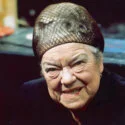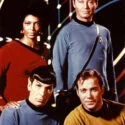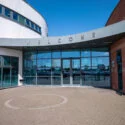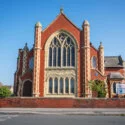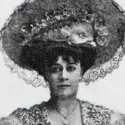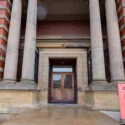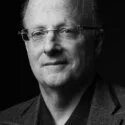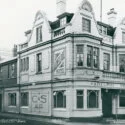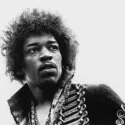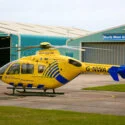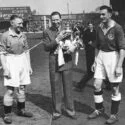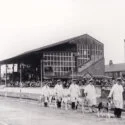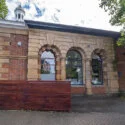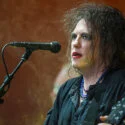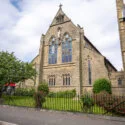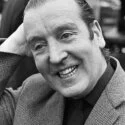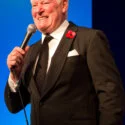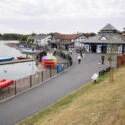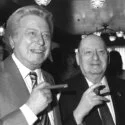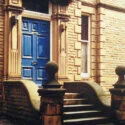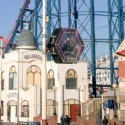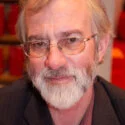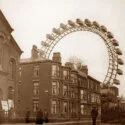Charles Dickens never cared for Preston, once calling it an unpleasant place. So, when he had a break between readings—one completed in Bolton and another scheduled in Preston two days later—he chose to spend his time in Blackpool instead. His manager, George Dolby, booked them into the Imperial Hotel for 20 and 21 April 1869, where they found the accommodation comfortable.
Though intending to rest, Dickens was suffering from the strain of his Farewell Reading Tour, which had begun in October 1868 and involved 72 performances. His health was declining—his friend Edmund Yates noted he looked exhausted, while Dolby remarked that his usual warmth had faded. The Bolton Guardian even observed that Dickens’ voice weakened during his last reading, forcing him to shorten a section. Dickens himself admitted to dizziness, weakness in his left leg, and numbness in his left hand and arm. While in Blackpool, he took a seaside walk and later wrote to his sister-in-law, describing the town as charming. He reassured her that he was feeling better but acknowledged ongoing weakness. He had consulted his doctor, Frank Beard, who diagnosed overwork and recommended immediate treatment.
On 22 April, Dickens and Dolby left for Preston, where they learned that all tickets for his Guild Hall reading had sold out. However, a telegram from Beard announced his urgent arrival for a consultation. After meeting Dickens, Beard warned that performing that night could leave him permanently impaired. Overcome with emotion, Dickens pleaded to go on, but Beard stood firm. In the end, common sense prevailed—the event was cancelled, refunds were issued, and Dickens and Beard took the night train to London, leaving Dolby to manage the fallout. Though Dickens never performed in Blackpool, his visit linked the town to his legacy. His kind words about his brief stay were well received, and it was there that the decision to end his grueling reading tours took shape, securing Blackpool’s place in Dickensian history.
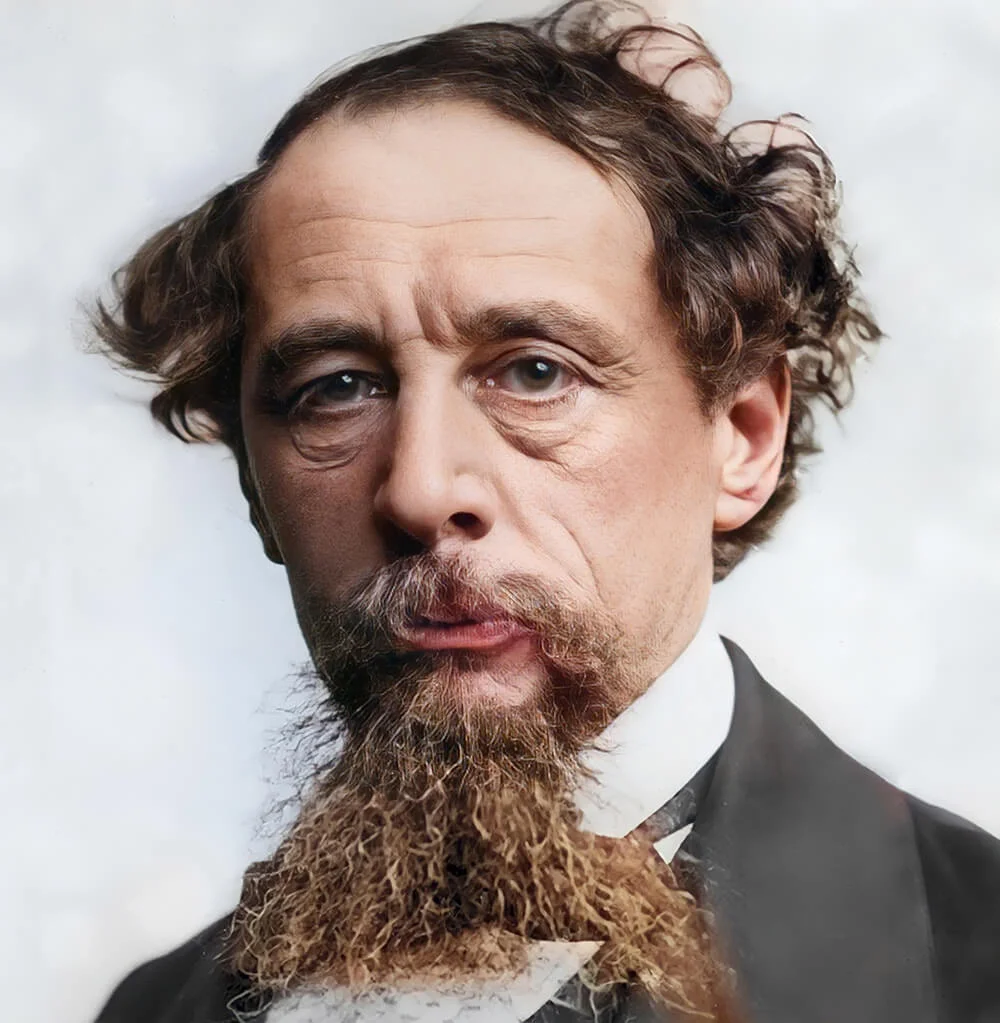
Charles John Huffam Dickens was an English writer and social critic. He created some of the world’s best-known fictional characters and is regarded as the greatest novelist of the Victorian era, From the archives of Press Portrait Service – formerly Press Portrait Bureau



